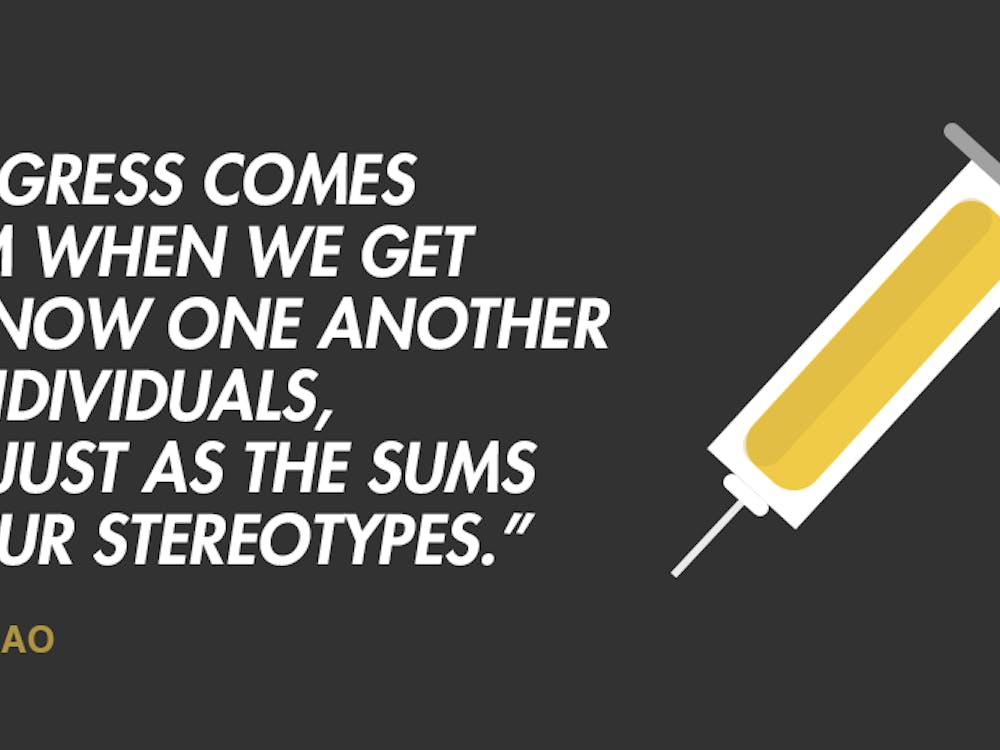Living the free food life
Thomas ClarkI don’t fault anyone for joining a club, which for many becomes an important locus of support and community. Yet too many people view independent life as bizarre or unrealistic. With a small critical mass of friends to join you, a willingness to meet new people, and the initiative to organize and build up your own community, the independent life is both feasible and rewarding.






